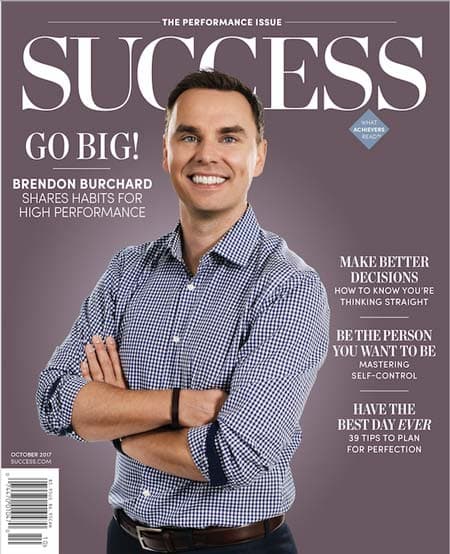Average Age of Successful Founders Challenges Youth-Centric Narrative, Studies Show 45 as Key Age

A recent social media post by author and motivational speaker Brendon Burchard has ignited discussion by asserting that many prominent founders achieve their greatest successes and breakthroughs later in life, often after the age of 40. Burchard stated, > "Bc most great founders were in fact older and their greater wealth or breakthrough came later in life Most big bets and great results and step changes in innovation and wealth came after 40s." This perspective challenges the popular narrative often focused on young, prodigy entrepreneurs.
Research consistently supports Burchard's observation, indicating that the average age of successful startup founders is significantly higher than commonly perceived. Studies, including one by the National Bureau of Economic Research, found the average age of successful startup founders to be 45 years old. This data suggests that experience, extensive networks, and accumulated capital often contribute to entrepreneurial success in later stages of life.
Further analysis reveals that founders in their 50s are nearly twice as likely to launch a highly successful startup compared to those in their 20s. This age group benefits from decades of industry knowledge, leadership experience, and a deeper understanding of market dynamics and customer needs. These factors can provide a substantial advantage in navigating the complexities of business creation and scaling.
Brendon Burchard, known for his work in personal development and high performance, frequently emphasizes the importance of sustained effort and continuous learning, which aligns with the idea of success manifesting later in one's career. His statement underscores a broader trend where seasoned professionals leverage their expertise to innovate and create significant value, often in established industries. The discussion highlights a crucial counter-narrative to the prevailing media focus on younger tech founders, emphasizing the enduring power of experience in entrepreneurship and innovation.